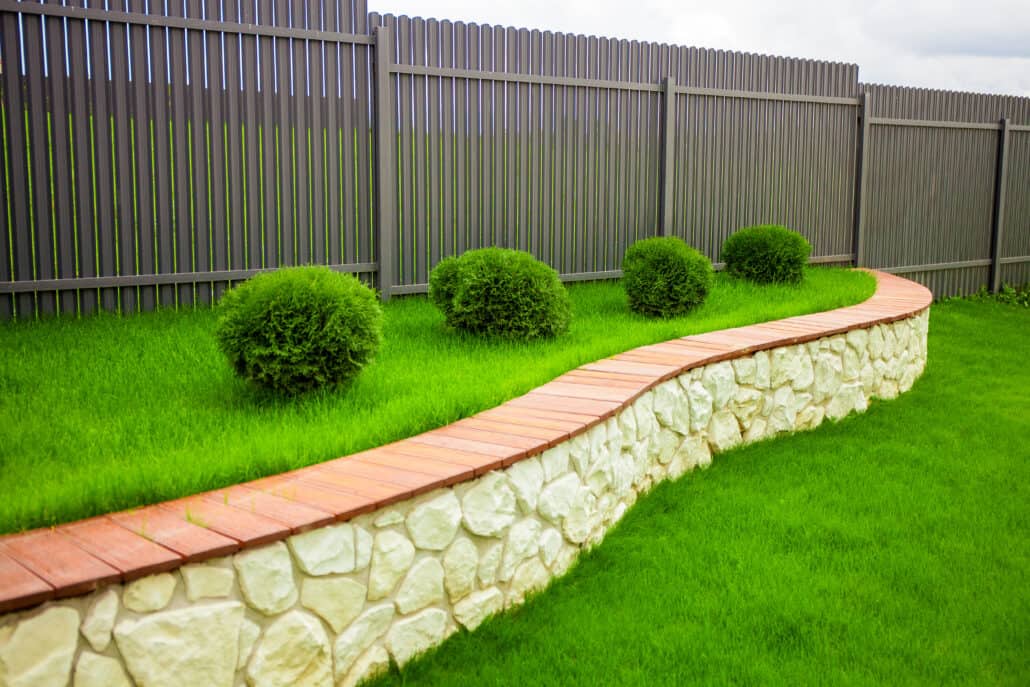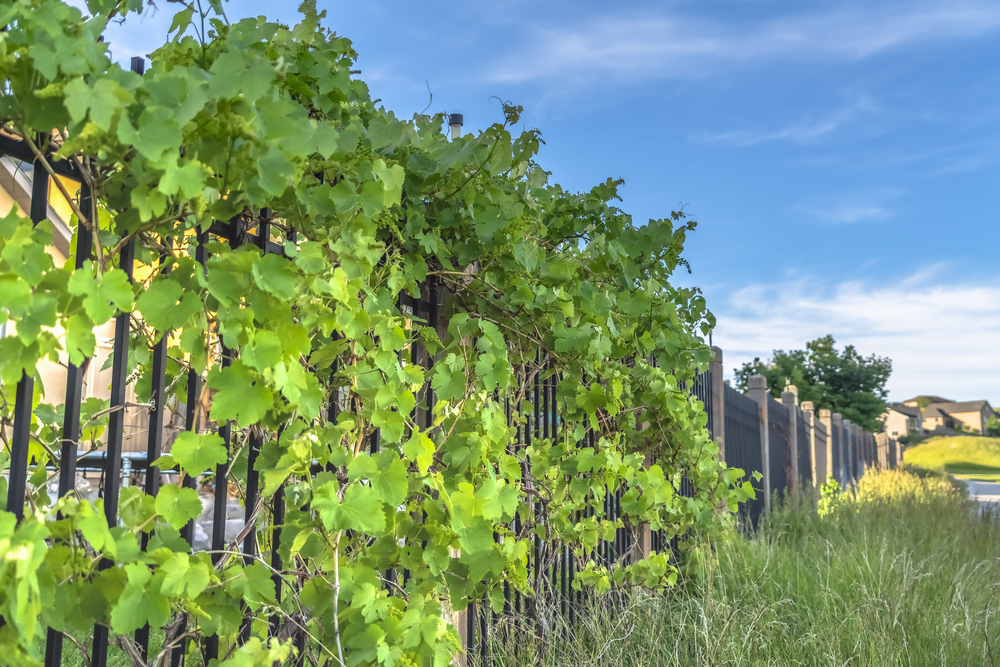All Categories
Featured

Among the most preferred choices, wood, vinyl, and aluminum each offer special advantages and disadvantages. Below's a malfunction of the pros and cons of these 3 usual secure fencing products.
Wood Fencing. Wood fencing has been a classic option for home owners as a result of its natural charm and adaptability.
Pros:. Visual Allure: Timber uses a warm and classic look that enhances a variety of building styles. Personalized: It can be painted, tarnished, or reduce into unique designs to fit individual choices. Affordable: Initially, wood fence can be a budget-friendly alternative compared to other materials. Eco-Friendly: Timber is a renewable energy and can be sustainably sourced. Cons:. High Maintenance: Wood calls for routine sealing, discoloration, or painting to stop rot, insect damages, and weathering. Durability Issues: Without appropriate care, wood can warp, fracture, or decay over time, particularly in locations with high moisture. Much shorter Life expectancy: A timber fencing usually lasts 10-20 years, depending upon the kind of wood and degree of upkeep. Wood is excellent for those that value a traditional appearance and are eager to devote to its upkeep.
Vinyl Fencing. Plastic is a modern, low-maintenance secure fencing alternative that has expanded in appeal in the last few years.

Pros:. Reduced Upkeep: Plastic does not require paint, discoloration, or sealing and can be easily cleansed with soap and water. Climate Resistant: It withstands rough weather without rotting, rusting, or warping. Long-Lasting: Vinyl fences can last 20-30 years with minimal upkeep. Range of Styles: Readily available in numerous shades, layouts, and textures, some plastic choices imitate the appearance of timber. Cons:. Higher Upfront Price: Vinyl fence can be extra pricey originally compared to timber. Brittleness in Cold Weather: In severe cold, plastic might split or end up being fragile. Minimal Repairs: Individual panels can be tough to change, requiring careful matching to the existing fence. Plastic is finest fit for house owners looking for a long lasting, low-maintenance remedy with modern-day looks.
Light Weight Aluminum Secure Fencing. Aluminum fencing is a long lasting and light-weight option, commonly chosen for its modern-day appearance and flexibility.
Pros:. Rust-Resistant: Light weight aluminum doesn't corrosion, making it an excellent selection for damp or moist climates. Low Upkeep: Calls for very little upkeep and is simple to tidy. Long lasting: While light-weight, light weight aluminum is solid enough to endure many ecological problems. Lengthy Life-span: Can last a number of decades without significant wear or wear and tear. Variety of Styles: Supplies a smooth and stylish appearance, often made use of for ornamental or ornamental functions. Cons:. Greater Cost: The initial investment for light weight aluminum fencing is more than timber or plastic. Much Less Privacy: Aluminum fences are often designed with open pickets, making them less reliable for privacy. Vulnerable to Damages: Although resilient, light weight aluminum can be nicked by strong effects. Aluminum is suitable for those looking for a fashionable, durable option that needs minimal treatment.
Making the Right Option. Each fencing product-- aluminum, wood, and vinyl-- uses unique advantages and negative aspects. Your choice should depend upon your details priorities, such as spending plan, upkeep preferences, environment, and visual goals:
Select wood if you enjoy a typical appearance and don't mind normal upkeep. Select vinyl if you want a low-maintenance, weather-resistant fence with modern-day appeal. Opt for light weight aluminum if you prioritize sturdiness, corrosion resistance, and a streamlined style. By evaluating these advantages and disadvantages, you can select a fence material that boosts your property while meeting your useful demands.
Latest Posts
Discover Save Big on Car Maintenance with Montclare Auto Repair’s Special Deals
Published en
1 min read
Discover Premier Car Repair Services at Montclare Auto Repair – Quality Service Today
Published en
1 min read
Uncover the Leading Auto Repair Coupons in Montclare, Chicago
Published en
1 min read
More
Latest Posts
Discover Save Big on Car Maintenance with Montclare Auto Repair’s Special Deals
Published May 31, 25
1 min read
Discover Premier Car Repair Services at Montclare Auto Repair – Quality Service Today
Published May 27, 25
1 min read
Uncover the Leading Auto Repair Coupons in Montclare, Chicago
Published May 24, 25
1 min read